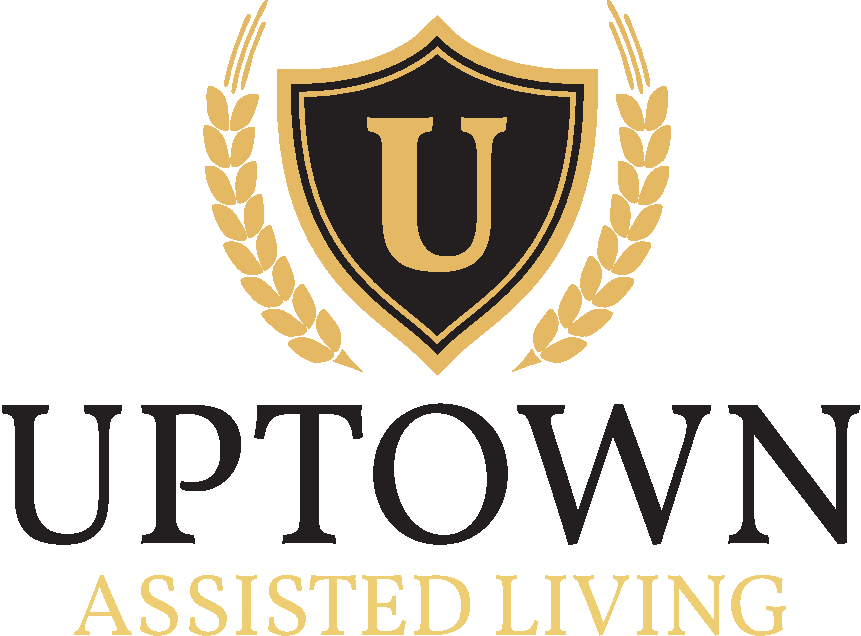Introduction
As the aging population continues to grow, so does the need for specialized care tailored to the unique needs of seniors. Many older adults face complex health challenges, cognitive decline, and difficulties managing daily living activities. Geriatric care managers (GCMs) play a crucial role in addressing these issues by providing expert guidance, coordinating healthcare services, and enhancing the overall well-being of seniors. This article explores the essential functions of geriatric care managers and their impact on senior health and quality of life.
What is a Geriatric Care Manager?
A geriatric care manager is a trained professional—often with a background in nursing, social work, or gerontology—who specializes in assisting seniors and their families in navigating the challenges of aging. They assess individual needs, develop comprehensive care plans, and act as advocates to ensure seniors receive the best possible care.
Key Responsibilities of Geriatric Care Managers
1. Comprehensive Assessment and Care Planning
GCMs conduct in-depth evaluations of a senior’s medical, psychological, and social needs. Based on these assessments, they create personalized care plans that may include:
- Medical and medication management
- Nutritional and dietary guidance
- Assistance with daily living activities
- Coordination of in-home or facility-based care
2. Healthcare Coordination and Advocacy
One of the primary roles of a GCM is to bridge the gap between seniors and healthcare providers. They:
- Communicate with doctors, nurses, and therapists to ensure continuity of care
- Assist in scheduling medical appointments and transportation
- Advocate for seniors’ rights and best interests in healthcare decisions
3. Support for Family Caregivers
Caring for an aging loved one can be overwhelming for family members. GCMs provide essential support by:
- Educating families about senior care options
- Offering counseling and emotional support
- Providing respite care solutions to prevent caregiver burnout
4. Crisis Intervention and Emergency Management
GCMs are trained to handle medical emergencies, sudden health declines, or changes in living situations. They:
- Develop emergency response plans
- Coordinate hospital discharges and rehabilitation plans
- Assist in long-term care transitions if necessary
5. Enhancing Quality of Life
Beyond medical care, GCMs focus on improving seniors’ overall well-being. They:
- Encourage social engagement and participation in activities
- Connect seniors with community resources and support groups
- Facilitate mental health services if needed
Benefits of Hiring a Geriatric Care Manager
- Personalized Care: Tailored solutions based on individual needs
- Reduced Family Stress: Professional guidance alleviates caregiver burden
- Improved Health Outcomes: Proactive management of health conditions
- Cost-Effective Solutions: Helps avoid unnecessary hospitalizations or care facility placements
Conclusion
Geriatric care managers play a vital role in ensuring seniors receive the care and support they need to maintain their independence and well-being. By coordinating healthcare, assisting families, and advocating for seniors’ best interests, GCMs help older adults lead fulfilling and dignified lives. As the demand for senior care services continues to rise, the expertise of geriatric care managers will remain indispensable in navigating the complexities of aging.

